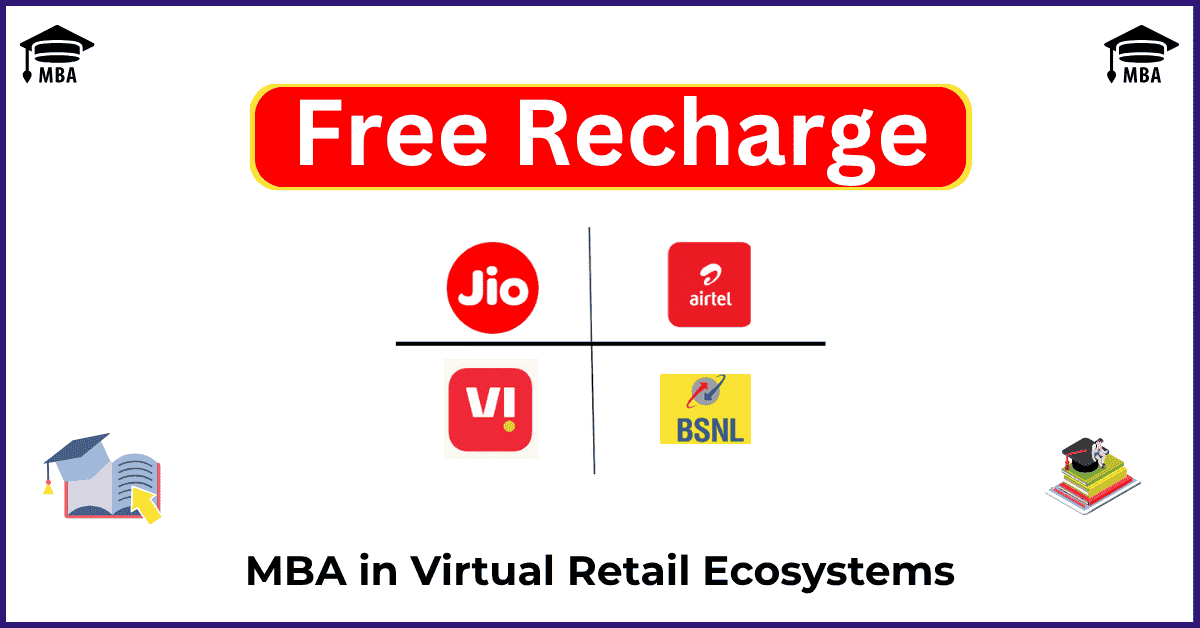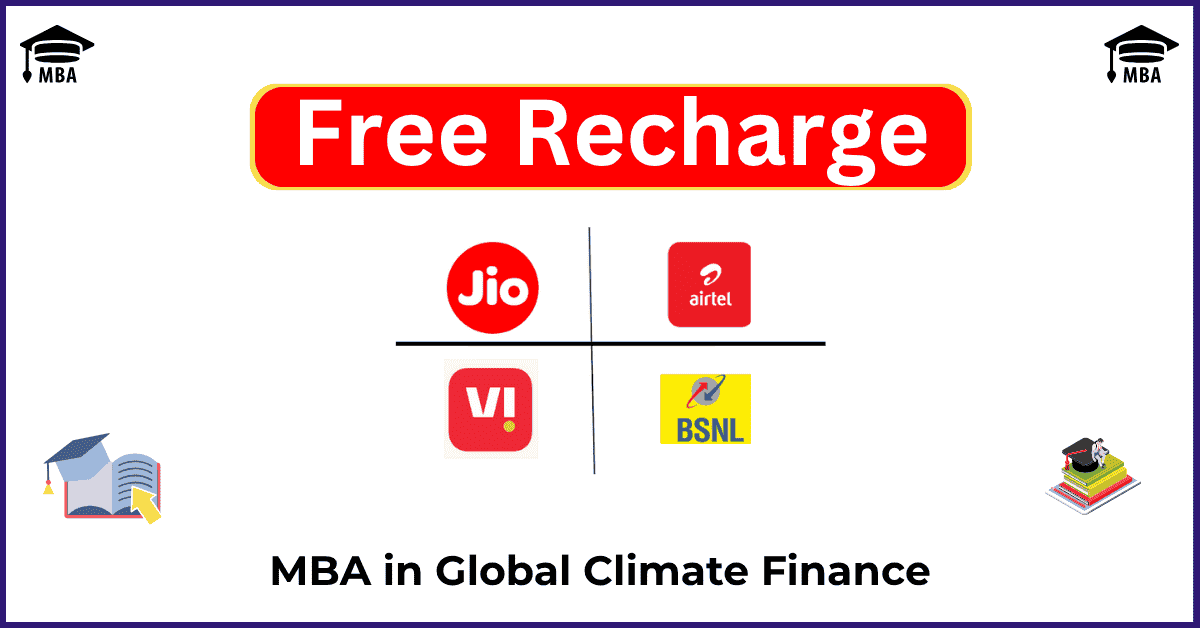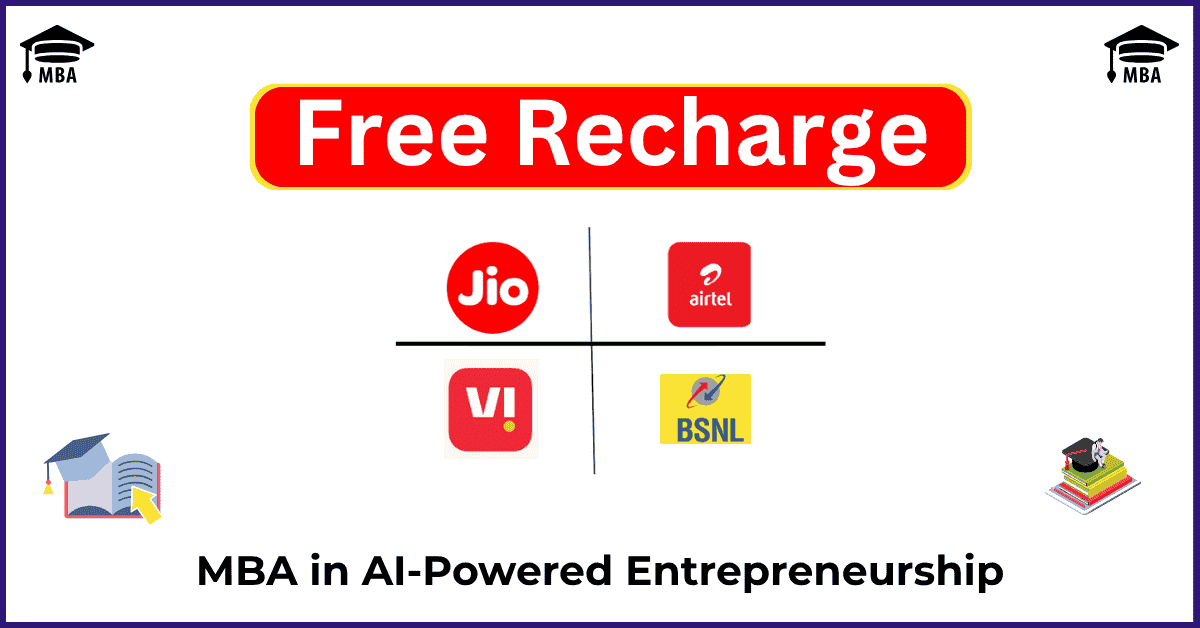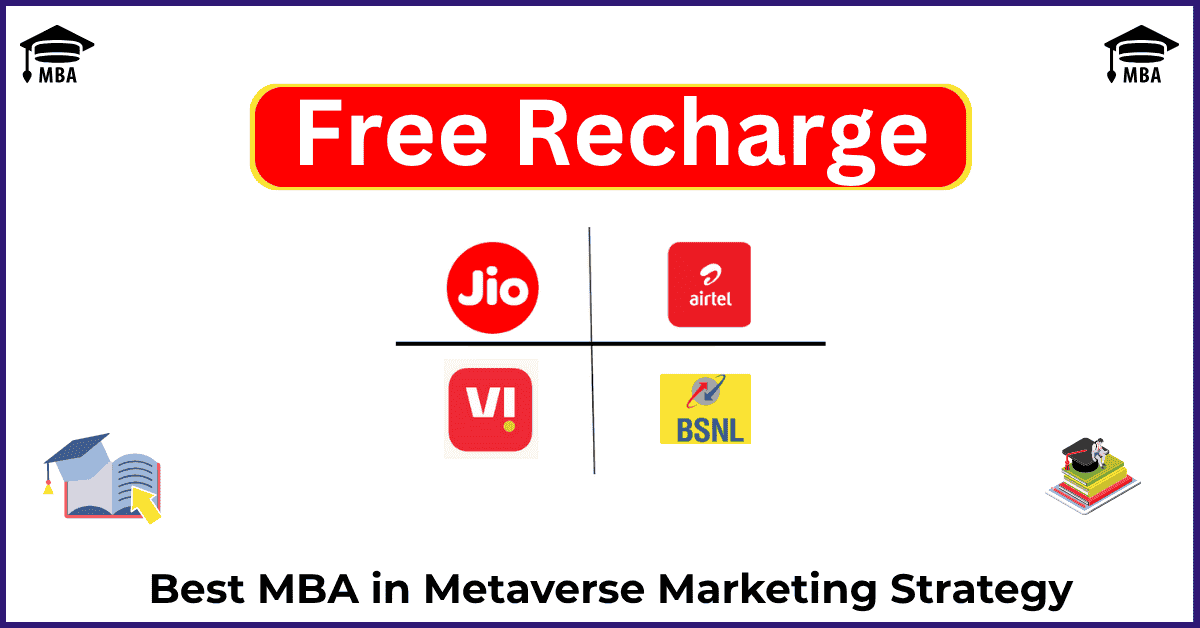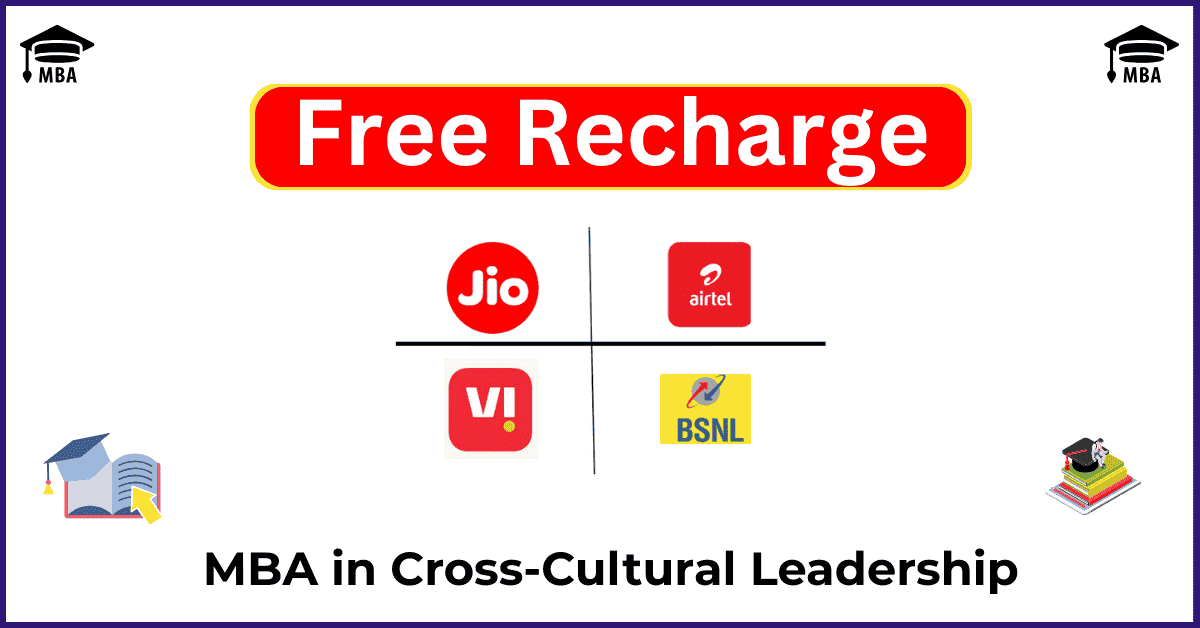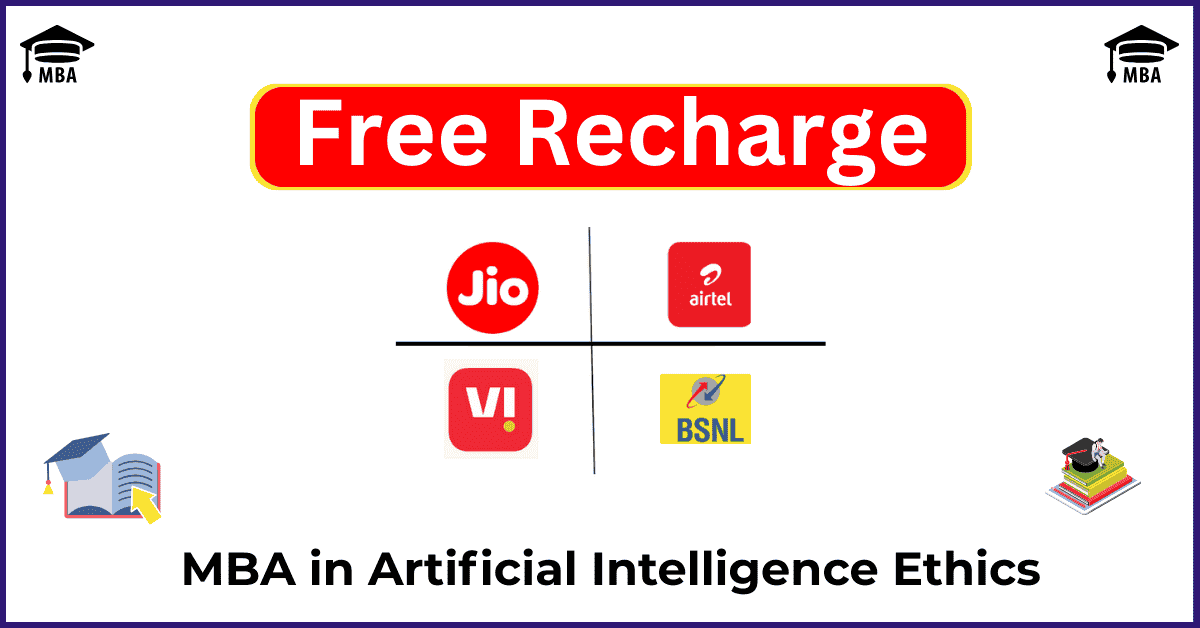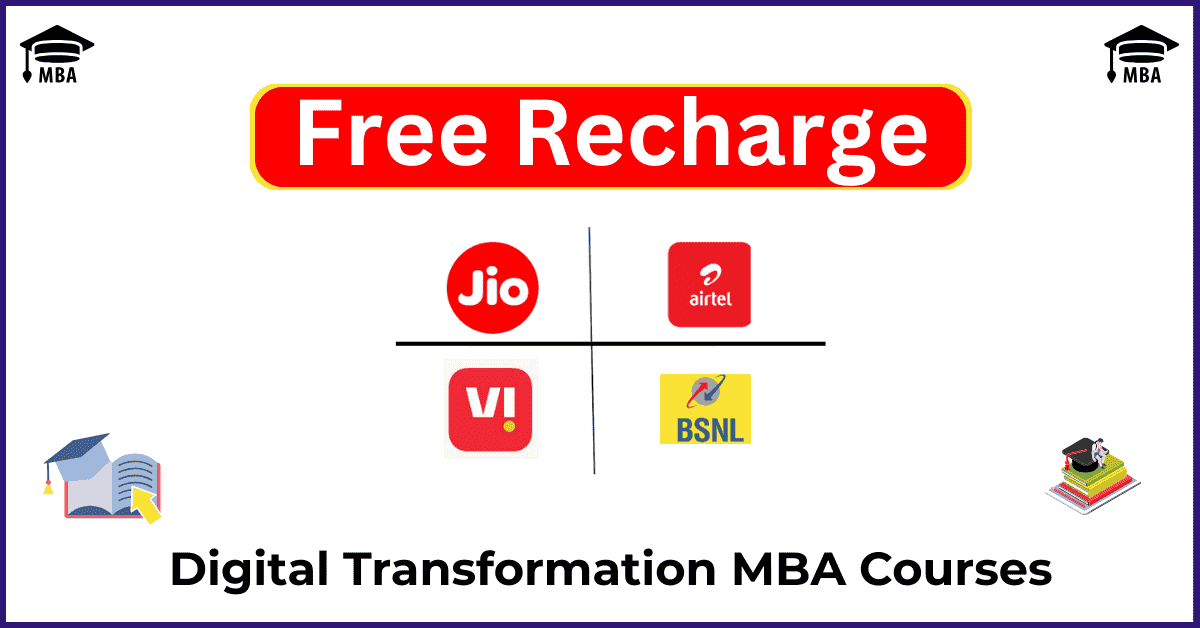The retail world is evolving faster than ever. From AI-powered personalization to virtual showrooms and metaverse shopping experiences, the next decade of retail will be driven by technology, data, and immersive consumer engagement.
An MBA in Virtual Retail Ecosystems bridges the gap between business leadership and emerging retail technologies. It prepares future managers to lead in an environment where VR, AR, AI, and blockchain define consumer journeys.
Whether you’re a marketing professional, data analyst, or e-commerce entrepreneur, this program unlocks the future of retail innovation.
MBA in Virtual Retail Ecosystems
An MBA in Virtual Retail Ecosystems focuses on understanding, designing, and managing interconnected retail platforms across digital and virtual environments.
The course covers a range of futuristic subjects such as:
- Metaverse Retail Operations
- AI-Driven Consumer Analytics
- Virtual Reality Store Design
- Blockchain-Enabled Supply Chains
- Omnichannel Retail Strategies
Program Duration and Eligibility
- Duration: 2 years (Full-time or Hybrid MBA)
- Eligibility: Graduation in any discipline with 50%+ marks
- Entrance Exams: CAT, XAT, NMAT, GMAT, or institute-specific tests
Virtual Retail Management Course
This course blends traditional management with advanced retail technologies. Students learn how to create, manage, and scale digital stores in both web-based and metaverse environments.
Core Subjects:
- Virtual Retail Economics
- Consumer Psychology and Data Analytics
- Cloud Commerce and IoT Integration
- Sustainable Digital Retail Models
- AI-Based Inventory and Demand Forecasting
Learning Outcome: Students gain practical exposure through AR/VR labs, live metaverse retail projects, and industry case studies from companies like Nike, IKEA, and Amazon.
Digital Retail Transformation MBA
This specialization focuses on how digital disruption has transformed the retail ecosystem. It integrates marketing analytics, AI, and real-time customer engagement to redefine business models.
Key Learning Areas:
- Digital Supply Chain Optimization
- AI-Driven Product Recommendations
- Retail Automation and Smart Checkout Systems
- Predictive Customer Insights
Industry Tools Used:
Google Analytics, Salesforce Commerce Cloud, Shopify Plus, and Meta Horizon Workrooms.
Metaverse Commerce and Retail Strategy
The Metaverse has introduced a new retail revolution—Virtual Reality Commerce (V-Commerce). This section of the MBA teaches how brands can build 3D immersive shopping experiences using AR/VR platforms.
Learning Modules:
- Building Virtual Showrooms
- NFTs and Digital Merchandise
- 3D Product Visualization
- Cross-Reality Marketing Strategies
Case Study:
Brands like Gucci and Balenciaga have already launched virtual stores in the metaverse. Students analyze their business models to understand the future of retail experience design.
AI and Augmented Reality in Retail
Artificial Intelligence and AR are now the backbone of next-gen retail strategy. The course explores how AI enhances customer targeting while AR creates immersive engagement.
Topics Covered:
- Virtual Try-On Technology
- AI Chatbots and Customer Assistants
- AR-Based In-Store Navigation
- Machine Learning for Demand Prediction
Practical Component: Students use ARKit, TensorFlow, and Unity 3D to simulate AI-powered virtual stores.
Blockchain in Retail Supply Chain
Blockchain ensures data transparency, fraud prevention, and traceability in modern retail operations.
Key Concepts:
- Smart Contracts for Vendor Management
- Tokenization of Loyalty Points
- Blockchain-Based Inventory Systems
- Sustainable Traceability Models
Example: Walmart and Carrefour use blockchain to track food supply chains — MBA students analyze such live case studies for real-world understanding.
Retail Analytics and Consumer Behavior
Data-driven insights are at the heart of digital retail success. This subject helps students interpret customer data to optimize marketing and product strategies.
What You’ll Learn:
- Customer Journey Mapping
- Big Data Tools (Power BI, Tableau, R)
- Behavioral Segmentation and Targeting
- Predictive Analysis in Retail
Outcome: Graduates can drive ROI-based marketing through accurate demand forecasting and personalized customer experience.
Omnichannel Retail Management
Omnichannel strategies ensure seamless integration of online, offline, and virtual touchpoints.
Core Learning Topics:
- Unified Commerce Platforms
- Customer Data Integration
- Phygital (Physical + Digital) Retail Models
- Last-Mile Delivery Optimization
Case Study: Starbucks and Zara successfully use omnichannel retail strategies—students learn how these models can be applied in Indian and global contexts.
Virtual Store Design and UX
The design of virtual stores affects customer engagement and sales conversions. This module focuses on how to craft immersive, intuitive, and brand-consistent user experiences.
Tools and Technologies:
- Blender and Unreal Engine for 3D Environments
- UX Design in VR Platforms
- Interactive Storefront Elements
Practical Training: Students design prototype virtual malls or product showrooms as part of their capstone project.
E-Commerce Leadership and Strategy
This course develops strategic and leadership skills for managing large e-commerce and virtual retail ventures.
Core Topics:
- Business Model Innovation
- Platform Economics and Network Effects
- Leadership in Agile Retail Organizations
- Digital Policy and Cybersecurity
Career Roles: E-commerce Director, Digital Retail Manager, Product Strategy Lead, or Startup Founder.
Data-Driven Retail Marketing
This segment emphasizes the use of analytics-based marketing strategies for virtual ecosystems.
Core Concepts:
- SEO and Paid Ad Optimization
- Influencer Marketing in Metaverse
- Conversion Rate Optimization
- Customer Retention via Data Insights
High CPC Tip: This section aligns perfectly with monetization keywords like “Digital Marketing MBA”, “E-commerce SEO”, and “Retail Analytics Tools.”
Customer Experience in Virtual Retail
Customer experience is the defining factor of virtual retail success. This part focuses on customer satisfaction metrics, NPS scoring, and personalized engagement.
Key Modules:
- Emotional Design in Virtual Environments
- CX Journey Mapping
- Sentiment Analysis
- AI-Driven Personalization
Career Opportunities in Virtual Retail
Graduates of MBA in Virtual Retail Ecosystems find lucrative opportunities across multiple industries:
| Job Role | Average Salary (INR) | Top Employers |
|---|---|---|
| Virtual Retail Manager | ₹10–18 LPA | Amazon, Nykaa, Meta |
| E-Commerce Strategist | ₹12–20 LPA | Flipkart, Deloitte |
| Retail Data Analyst | ₹8–15 LPA | IBM, TCS |
| Metaverse Marketing Lead | ₹15–25 LPA | Accenture, Epic Games |
| Retail Tech Consultant | ₹10–22 LPA | PwC, KPMG |
Top Colleges for MBA in Virtual Retail
| Institute | Program Name | Mode |
|---|---|---|
| NMIMS Mumbai | MBA in Digital Commerce | Full-time |
| Amity University | MBA in Retail Management with AR/VR | Hybrid |
| SP Jain Global | MBA in E-Commerce & Virtual Retail | Global |
| Symbiosis Centre for Retail | MBA in Retail Transformation | Full-time |
| IIM Lucknow (Elective Track) | Tech Retail & Analytics | Executive |
Salary After MBA in Virtual Retail
The average starting salary after this program ranges between ₹10–25 LPA, depending on your specialization (AI, AR, or Strategy).
High-growth roles include:
- Digital Commerce Architect
- Head of Virtual Operations
- Product Monetization Manager
- AR/VR Experience Lead
With global retail giants adopting virtual strategies, international placements in Singapore, Dubai, and Europe are rising rapidly.
Future Scope of Virtual Retail Ecosystems
The future of retail lies in immersive commerce, AI analytics, and decentralized supply systems.
By 2030, the global virtual retail industry is expected to surpass $800 billion, driven by:
- Expansion of 5G and edge computing
- Rise of metaverse ecosystems
- Sustainable digital transactions through blockchain
- Data-centric personalization models
Skill Advantage: MBA graduates gain a competitive edge by mastering the intersection of retail, technology, and consumer science.
Scholarships and Admission Process
Most top universities offer merit-based and need-based scholarships.
Admission Steps:
- Apply through CAT/GMAT/XAT or direct admission portal
- Attend group discussion and virtual interview
- Submit SOP highlighting interest in retail tech
- Receive conditional offer and scholarship results
Popular Scholarships:
- Aditya Birla Scholarship (India)
- Chevening Scholarship (UK)
- SP Jain Global Tech Scholarship
- NMIMS Innovation Award
Case Study: Nike’s Virtual Retail Success
Nike’s Nikeland in Roblox became a benchmark for virtual commerce. Through gamified shopping experiences and virtual try-ons, Nike generated millions of user interactions—a perfect example of how MBA students learn brand monetization through metaverse ecosystems.
FAQs About MBA in Virtual Retail Ecosystems
1. What is the duration of an MBA in Virtual Retail Ecosystems?
Usually 2 years, with an option for 1-year executive or hybrid online programs.
2. Is this specialization available in India?
Yes. Institutes like NMIMS, Amity, and SP Jain Global are early adopters of this specialization.
3. What skills are needed?
AR/VR basics, analytics, marketing strategy, and e-commerce management.
4. What is the scope after 2030?
Massive — as AI, AR, and blockchain redefine the way customers shop globally.
5. What are some good online alternatives?
Coursera’s “Virtual Commerce Management” and edX’s “Metaverse Retail Strategy” are great certifications.
Conclusion: Step Into the Future of Retail
An MBA in Virtual Retail Ecosystems isn’t just a degree—it’s a gateway to the digital frontier of global commerce. As physical and virtual worlds merge, professionals who understand tech-driven retail innovation will lead the next generation of businesses.
Whether you aim to join global brands or build your own metaverse retail startup, this MBA empowers you to transform ideas into immersive experiences.
